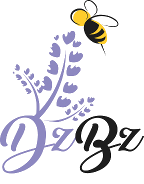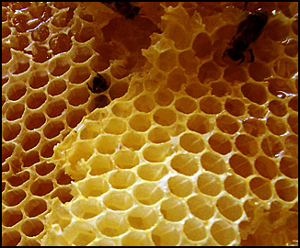According to the Food and Agriculture Organization of the United Nations (FAO), beeswax is easily incorporated with water in oil or oil in water emulsions. An excellent
Emollient and support for
Moisturizers, beeswax provides
Skin protective action of a nonocclusive type, bestows consistency to emulsions and oil-gels and reinforces the action of detergents.
Nonallergic, beeswax also sustains
Sunscreen action with its water repellent properties, combines well with multiple ingredients, contains elasticity and provides greater permanence on
Skin or lip surfaces.
Benefits: Beeswax locks in moisture, fosters cells and protects
Skin from damaging environmental factors. Honeygirlorganic.com reports beeswax effectively softens your
Skin and creates a long-lasting protective coating against the elements. It also is a naturally nourishing
Moisturizer as well as being
Anti-inflammatory.
AntiBacterial
Anti-allergenic and a germicidal
Antioxidant. According to Botanical.com, Even after processing, beeswax still remains a biologically active product, retaining some
AntiBacterial properties and also contains some vitamin A, which is necessary for normal cell development. The Mayo Clinic recommends lip balm made from beeswax for chapped lip care and prevention.
Significance: Because of the healing, softening and anti
Septic properties associated with beeswax, numerous
Skin care lines incorporate it. According to the FAO, Even small quantities show effects of improvement.... Beeswax is very frequently used in the following cosmetic classes: cleansing creams, cold creams and lotions,
Emollient and barrier creams, depilatories, lipsticks-protective sticks in general, nail creams, sun protection products, eye and face make up, and foundation creams. Botanical.com states, Beeswax has an irritation potential of zero, and a comedogenicity (doesn't clog pores) rating of 0-2, which means that when formulated and used correctly in cosmetic formulations, beeswax will not cause a problem.


